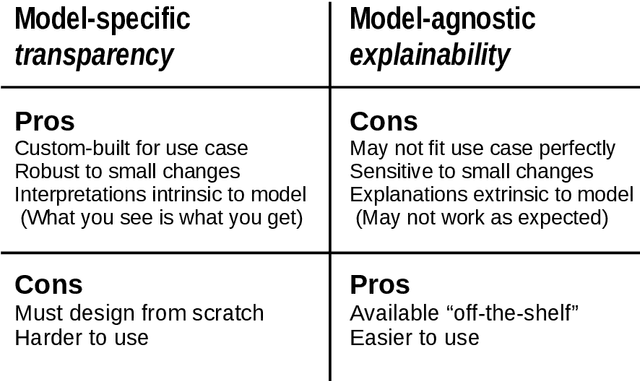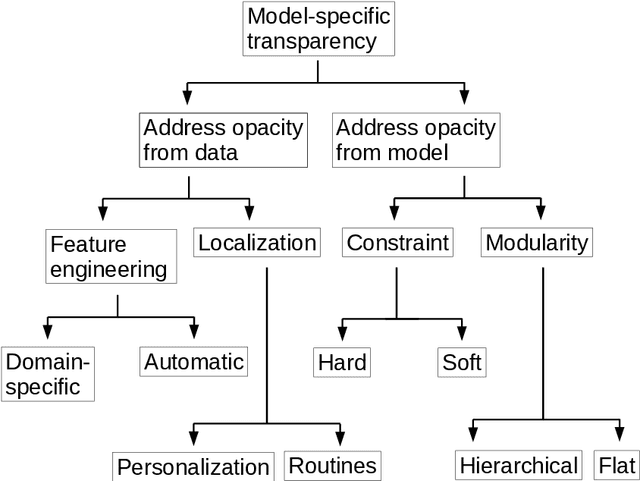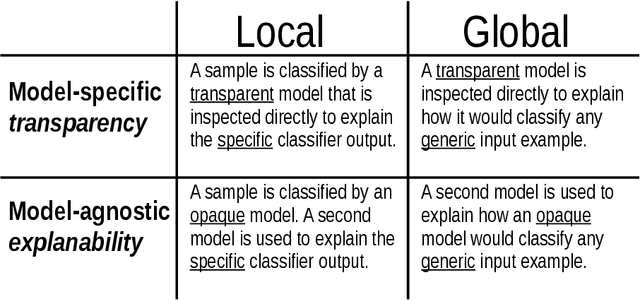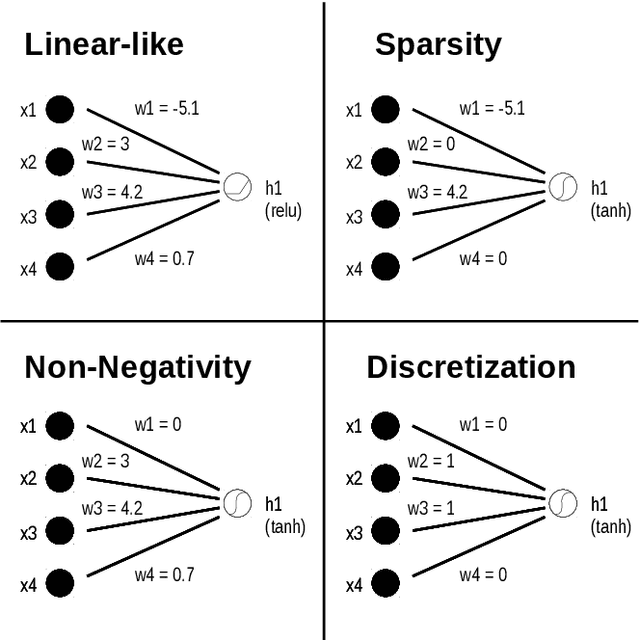A Field Guide to Scientific XAI: Transparent and Interpretable Deep Learning for Bioinformatics Research
Paper and Code
Oct 13, 2021



Deep learning has become popular because of its potential to achieve high accuracy in prediction tasks. However, accuracy is not always the only goal of statistical modelling, especially for models developed as part of scientific research. Rather, many scientific models are developed to facilitate scientific discovery, by which we mean to abstract a human-understandable representation of the natural world. Unfortunately, the opacity of deep neural networks limit their role in scientific discovery, creating a new demand for models that are transparently interpretable. This article is a field guide to transparent model design. It provides a taxonomy of transparent model design concepts, a practical workflow for putting design concepts into practice, and a general template for reporting design choices. We hope this field guide will help researchers more effectively design transparently interpretable models, and thus enable them to use deep learning for scientific discovery.
 Add to Chrome
Add to Chrome Add to Firefox
Add to Firefox Add to Edge
Add to Edge